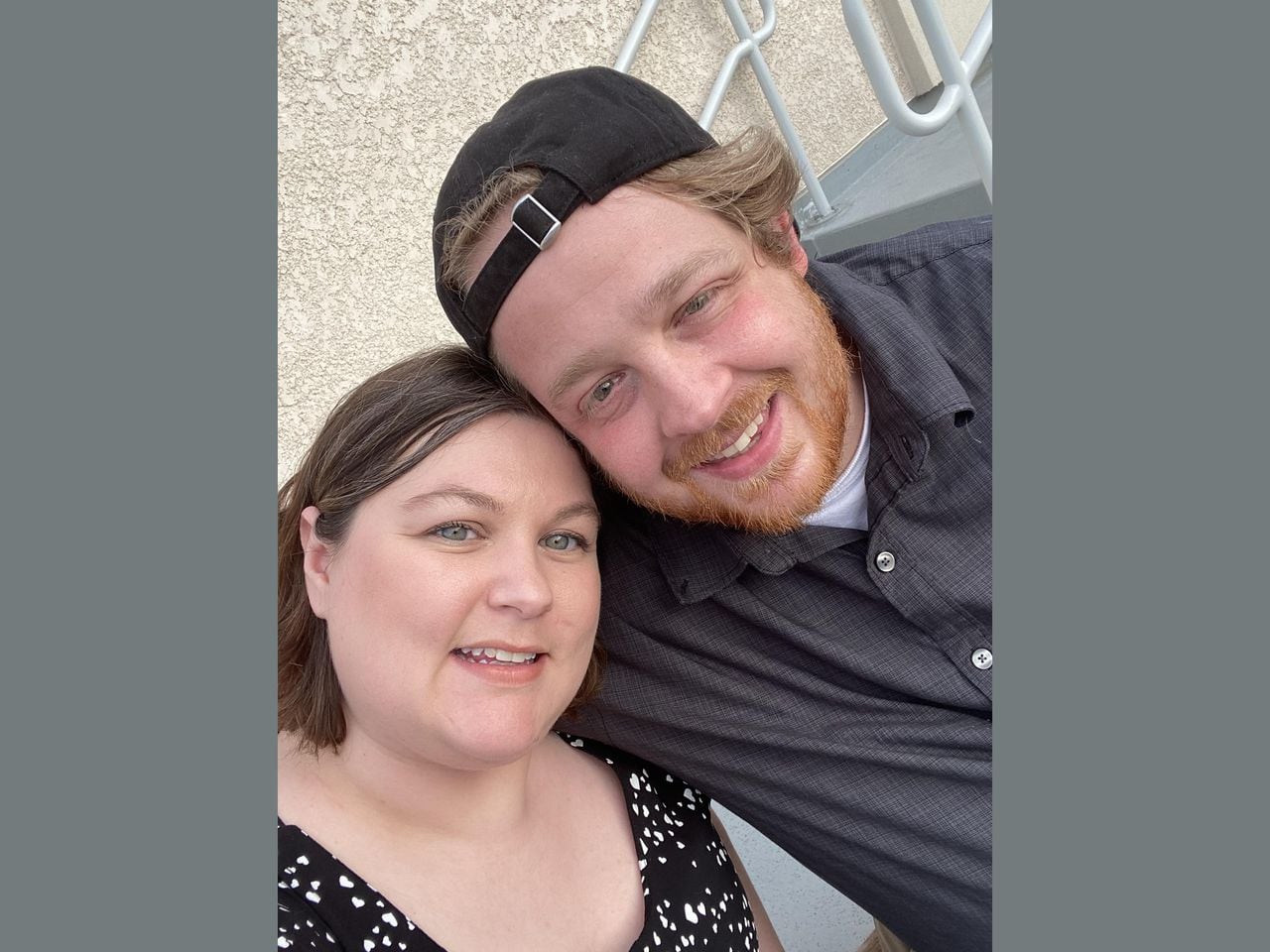Women getting IVF in Alabama say window closing on getting pregnant: ‘Iâm terrified.’
Kelly Belmont and her husband began IVF treatment in Alabama in October and had an appointment in January to retrieve her eggs. Unfortunately, the procedure was not successful, and Belmont planned another round in April.
But now she is worried. “Honestly, I’m terrified,” Belmont said.
Her clinic has not announced any plans to pause IVF treatment, but patients in Alabama who have used vitro fertilization are suddenly facing uncertainty following a surprising decision by the Alabama Supreme Court that embryos constitute children.
“At this point, I’ve put so much stress on my body with different medications and being where I am in my current cycle, I’m already taking medication to prepare for my next retrieval,” said Belmont. “If things get paused, all of that has been for nothing.”
University of Alabama at Birmingham is already pausing IVF treatment as they weigh the risks of lawsuits and even criminal prosecution. The court decision has many people worried about the fate of frozen embryos and grappling with the possibility they might not be able to move forward with in vitro fertilization.
Belmont said she used part of her 401(k) to cover the initial $10,000 cost of treatment. The drugs cost another $3,000 to $5,000 per cycle on top of that, plus genetic testing of each embryo at a cost of $200 to $400. The cost is so high, she and her husband Jimmy started a GoFundMe to raise funds. It also makes it difficult to start over with a clinic in another state, she said.
“To add to that the cost of traveling out of state, it would take something that’s already really financially difficult and make it financially impossible,” Belmont said.
Sarah Gossett did an IVF cycle in Huntsville in 2017 that resulted in a child and four remaining embryos she chose to freeze. She transferred one of them several years later and gave birth last year. Now she is struggling to understand how this decision will affect the remaining embryos.
“We are in limbo on what to do now that this is a law with the remaining frozen eggs,” Gossett said. “We will not be having more children and are paying a hefty storage fee yearly for these eggs. What are our options now?”
Gossett said her clinic just informed them their only options are to transfer to another clinic, use the embryos or donate them to another family.
The Alabama Supreme Court released its decision on Feb. 16. In 2020, a hospital patient walked into a cryogenic freezer area, removed embryos and dropped them. The families sued for wrongful death. The case was dismissed by a lower court, but the Alabama Supreme Court ruled that Alabama law recognizes the personhood of fetuses, and they ruled that applied to fertilized eggs and embryos as well.
Chief Justice Tom Parker, in a concurring opinion, said the Alabama Constitution recognizes the sanctity of unborn life.
“Human life cannot be wrongfully destroyed without incurring the wrath of a holy God, who views the destruction of His image as an affront to Himself,” Parker wrote. “Section 36.06 recognizes that this is true of unborn human life no less than it is of all other human life — that even before birth, all human beings bear the image of God, and their lives cannot be destroyed without effacing his glory.”
Dr. Katie Snider Novitski is also a patient who has undergone IVF. She said the court’s ruling validates her experiences as a mother who also lost embryos during treatment. She and her husband had four embryos, but only two resulted in live children.
One of the embryos didn’t survive genetic testing and the other did not implant after transfer. Novitski said she mourned them as children.
“They were the kids that were going to grow up and be a part of our family,” Novitski said. “I was going to get to teach them to walk, talk and get to love on them daily. I will never get to do that. At the same time, my loss is not something most if anyone understands.”
Novitski said she understands there are also political and medical ramifications to the supreme court decision. She said the recognition of embryos as children resonates with her personal experience.
“While real and something that causes a deep ache of loss, it is a silent loss to most of the world because ‘It was just an embryo,’” she said. “Acknowledgement of my embryos as my children is acknowledgement and justification for the emotions I have associated with our journey.”
